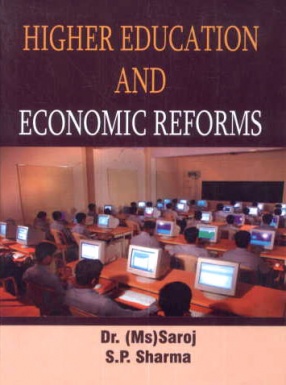
Showing all 5 books

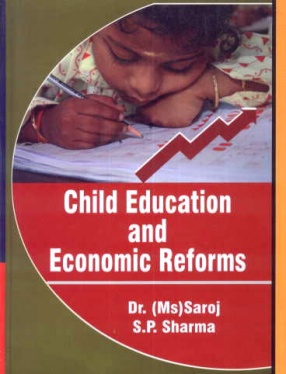
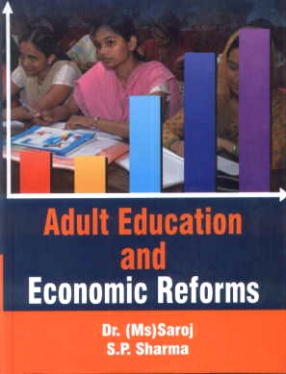

Due to the critical role played by the state in higher education in the developing countries, and earlier even in the advanced countries, today higher education is no more elitist, it is somewhat democratized with a large proportion of socioeconomic weaker sections participating in higher education. This also helped in attaining self reliance in manpower needs of the economy. Higher education is rightly and increasingly viewed as an, if not the only, effective ...

Childhood education, is the key to the future of the emerging nations. Without childhood education, modernization cannot progress beyond imitation and duplication, the individual can rarely improve the quality of his/her life, he/she cannot contribute his full potential to the task of nation-building. Rapid expansion of educational system at all levels, compounded by rapid policy changes and the shrinking economy have constituted constraints educational ...

Adult education includes all activities with an educational purpose, carried on by people, in the ordinary business of life who use only part of their energy to acquire intellectual equipment. Although the concept of adult education, as distinct from literacy, is still in its infancy, there is increasing recognition of the value of such an education as an instrument of social and economic transformation. Today, most governments have initiated adult education ...
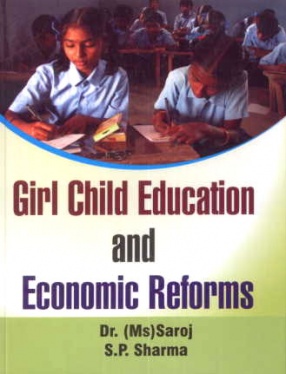
If we took a snapshot of the state of education across the globe, the image would shock many of us. Current estimates place the number of out-of-school children at 93 million. The majority of these children are girls, and almost 80 per cent of them live in sub-Saharan Africa and South Asia. Indeed, quality education remains a distinct dream for many of the world's girl children, even though it is a fundamental human right enshrined in international commitments. ...
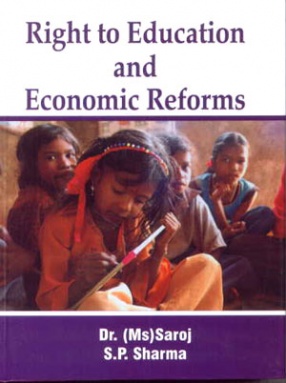
The right to education has been universally recognized since the Universal declaration of human rights in 1948 and has since been enshrined in various international conventions, national constitutions and development plans. However, while the vast majority of countries have signed up to, and ratified, international conventions far fewer have integrated these rights into their national constitutions or provided the legislative and administrative frameworks o ...
